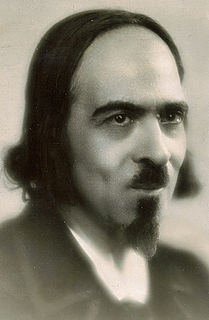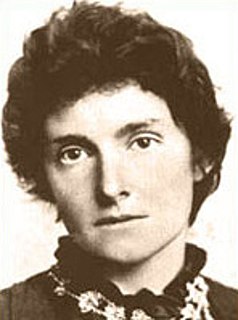A Quote by Peter Matthiessen
I was just very interested in the American frontier and the growth of capitalism - those enormous fortunes that were being made, more often than not, on the blood of poor people, black people, Indian people. They were the ones who paid very dearly for those great fortunes.
Related Quotes
Happiness is often presented as being very dull but, he thought, lying awake, that is because dull people are sometimes very happy and intelligent people can and do go around making themselves and everyone else miserable. He had never found happiness dull. It always seemed more exciting than any other thing and capable of as great intensity as sorrow to those people who were capable of having it.
Quakers are known for wanting to give back. Ban the bomb and the civil rights movement and the native American struggle for justice - those things were very, very front-burner in my childhood, as were the ideas of working for peace and if you have more than you need, then you share it with people who don't.
I looked around at what my colleagues were doing, and asked myself, 'What relationship has it with what's going on?' I found there was a great distortion of contemporary life. Photographers were interested only in certain things. A visually interesting place, people who were either very rich or very poor, and nostalgia.
If you are blessed with great fortunes. . . you may love your fate. But your fate never guarantees the security of those great fortunes. As soon as you realize your helplessness at the mercy of your fate, you are again in despair. Thus the hatred of fate can be generated not only by misfortunes, but also by great fortunes. Your hatred of fate is at the same time your hatred of your self. You hate your self for being so helpless under the crushing power of fate.
I learned to slip back and forth between my black and white worlds. One of those tricks I had learned: People were satisfied so long as you were courteous and smiled and made no sudden moves. They were more than satisfied; they were relieved -- such a pleasant surprise to find a well-mannered young black man who didn't seem angry all the time.
All those people who went out [to Occupy Wall Street] missed work, didn't get paid. Those were individuals who were already feeling the effects of inequality, so they didn't have a lot to lose. And then the individuals who were louder, more disruptive and, in many ways, more effective at drawing attention to their concerns were immediately castigated by authorities. They were cordoned off, pepper-sprayed, thrown in jail.
Kools and Newports were for black people and lower-class whites. Camels were for procrastinators, those who wrote bad poetry, and those who put off writing bad poetry. Merits were for sex addicts, Salems were for alcoholics, and Mores were for people who considered themselves to be outrageous but really weren't.





































